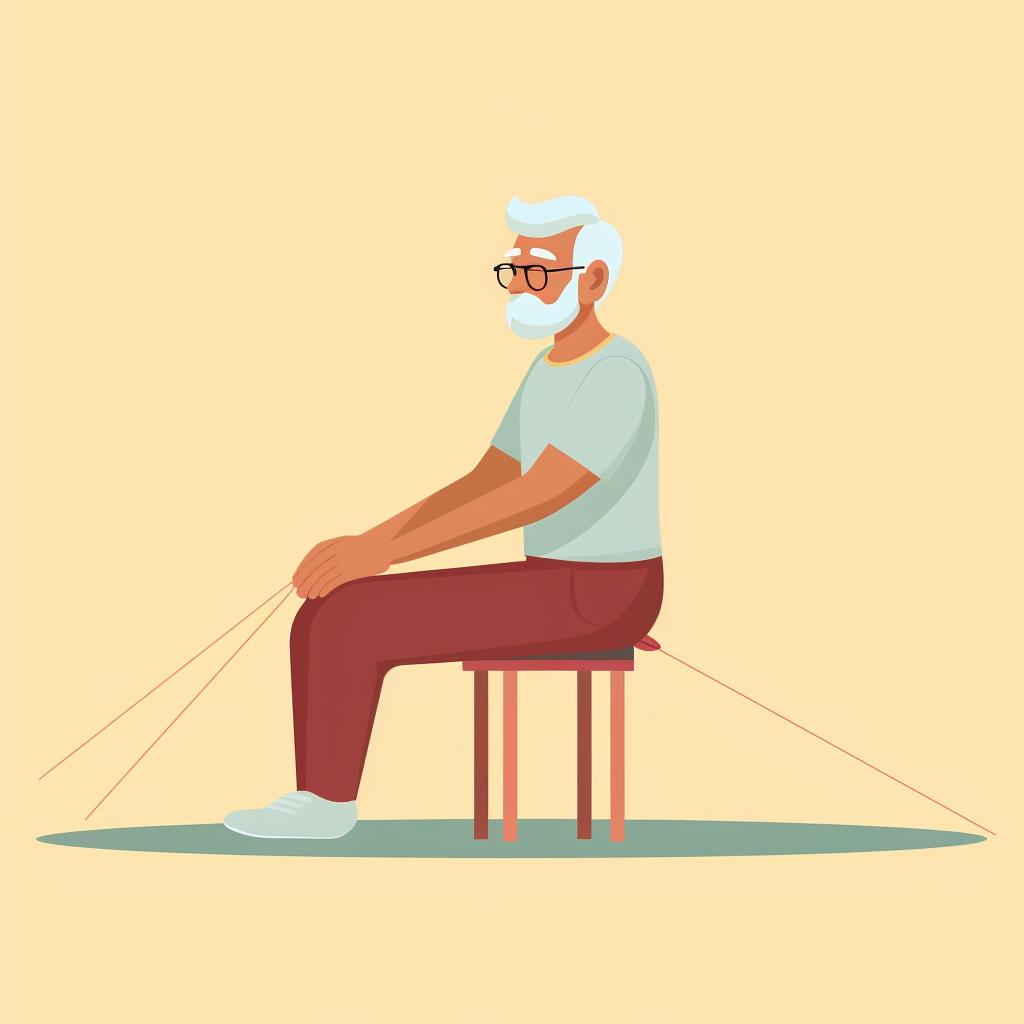Sophie Bennett is a clinical psychologist with a focus on childhood dementia. Her research and clinical work have provided her with a wealth of knowledge that she shares through her writing to help families and caregivers.
Physical activity plays a crucial role in managing dementia, as it helps maintain physical health, slows the progression of the disease, and improves quality of life. Regular exercise can also help manage symptoms of Alzheimer's and vascular dementia. Let's delve into how this works.
How Does Physical Activity Influence Dementia?
Physical activity can have both direct and indirect effects on managing dementia. Directly, it can enhance brain health by improving blood flow and promoting growth of new brain cells. Indirectly, it can improve sleep, mood, and general health, all of which can influence cognitive function.
For individuals with dementia, engaging in daily activities or practices that involve physical activity can be highly beneficial. These activities can help improve blood flow to the brain and promote the growth of new brain cells, ultimately enhancing brain health.
Furthermore, physical activity can indirectly impact dementia management by improving sleep, mood, and general health. Adequate sleep is essential for cognitive function, and engaging in regular physical activity can help promote better sleep patterns. Additionally, physical activity has been shown to have positive effects on mood, reducing symptoms of depression and anxiety that are often associated with dementia. Maintaining overall good health through physical activity can also support cognitive function in individuals with dementia.
Correlation between Physical Activity and Cognitive Function in Dementia
As you can see, there's a strong correlation between physical activity and cognitive function. Let's break down the benefits of exercise in dementia.
Unveiling the Perks of Exercise for Dementia Patients 🏋️♂️
Exercise can improve physical health, reduce anxiety, improve sleep, and enhance mood. It can also help maintain motor skills and prevent falls. Additionally, exercise can improve cognitive function and potentially slow cognitive decline.
For individuals with dementia, engaging in daily activities or practices can be highly beneficial. These activities can help stimulate the mind, improve memory, and enhance overall cognitive function. To learn more about what daily activities or practices can benefit individuals with dementia, check out this guide.
Furthermore, incorporating senior-friendly exercise equipment into home workouts can be a great way for older adults to stay active and maintain their physical health. If you're interested in finding the ultimate guide to senior-friendly exercise equipment for home workouts, visit SeniorsBot.com.
Now that we understand the benefits of exercise for dementia patients, let's explore a simple exercise routine that can be easily incorporated into their daily lives.
Learn more about 🏋️♀️ A Simple Exercise Routine for Dementia Patients 🧠 or discover other Dementia Care Tips guides.
This routine is just a starting point. Always tailor the exercises to the individual's abilities and preferences. Remember, the goal is to make physical activity enjoyable and sustainable.
The above guide provides an easy-to-follow exercise routine for dementia patients. Remember, it's critical to tailor the exercise routine to the individual's abilities and interests to ensure they can safely participate and enjoy the activity. For more information on how to provide care for a person with dementia, you can refer to our comprehensive guide here. Additionally, if you're looking for tips on dementia-proofing your home, we have a practical guide available here.
What Exercises Suit Different Dementia Stages? 🚶♀️🚴♂️
In early stages of dementia, more vigorous activities like walking, dancing, or cycling can be beneficial. As the disease progresses and mobility becomes more challenging, seated exercises or simple stretching and movement activities can be more suitable.

Physical activity is not a cure for dementia, but it can help manage symptoms and improve quality of life. It's essential to work with healthcare professionals to create a safe and effective exercise plan.
Can Exercise Help in Navigating the Dementia Journey? 🧭
Regular physical activity can be part of a comprehensive dementia management plan, along with medication, proper nutrition, social engagement, and cognitive stimulation. It's important to create a routine and make activities enjoyable to motivate continued participation.
To help you incorporate physical activity into your loved one's dementia management plan, we've created a checklist. This will guide you in creating a safe and effective exercise routine.
Remember, every person with dementia is unique, and what works for one person may not work for another. It's essential to tailor the exercise routine to the individual's abilities and preferences.
Remember, every person with dementia is unique, and what works for one person may not work for another. It's essential to monitor the individual's response to the exercise program and adjust as necessary.
Physical activity can significantly contribute to dementia management. It's a vital tool that can help improve physical and mental health, enhance quality of life, and maintain independence for as long as possible. If you're wondering what daily activities or practices can benefit individuals with dementia, you can find more information here.
How often do you incorporate physical activity into the routine of your loved one with dementia?
Your feedback can help us provide even more tailored advice and resources. Thank you for being part of our community.
Your feedback can help us provide even more tailored advice and resources. Thank you for being part of our community.
Remember, while managing dementia can be challenging, you are not alone. Stay active, stay positive, and continue seeking the best care for your loved one.
For someone whose father is in the early stages of dementia, it's important to understand the importance of support in dementia care. You can find helpful advice and resources here.
If you're looking for tips on how to manage a dementia patient, you can learn more here.
Additionally, if you want to read inspiring stories of people living with dementia and defying the odds, check out this article.

















